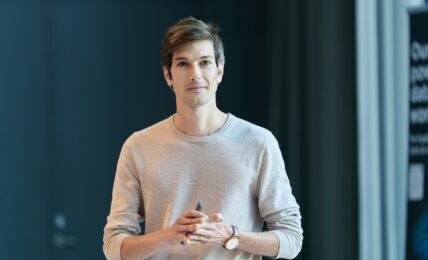Spanish VC firm Seaya announced today that it has raised €300 million (USD$ 321 million) at the close of Andromeda climate tech fund at €300 million (USD$321 million), aimed at investing in impact-driven growth companies specializing in energy transition, decarbonization, sustainable food value chain, and circular economy.
Seaya is one of few female-founded venture capital firms in Europe, launched in 2013 by former private equity investor Beatriz González. Andromeda is the company’s first Sustainable Finance Disclosure Regulation (SFDR) Article 9 fund, which ensures that all investments have a positive impact on society or the environment. The company said it is now the largest climate tech fund to come out of Southern Europe.
Iberdrola, Nortia, Santander, BNP Paribas Group, Next Tech Fund, Bpifrance participated in the fund, bringing Seaya platform’s total assets under management to over €650 million.
Beatriz González, Founder and Managing Partner of Seaya, said:
“From day one we were focused on impact and climate. We have a strong technological background in this space. We started in 2012 backing climate tech companies and have successfully guided three of them right through to exit. We have 12 years of experience in this space and we can bring this knowledge and expertise to founders through this specialized vehicle.”
The firm has already made its first five investments from the fund into a range of impact technology companies, including Recycleye, an AI-driven robot which sorts recyclable waste, and 011h, an environmentally friendly construction firm which reduces building-site CO2 emissions by 75%.
The fund plans to make 25 investments in total by the end of 2027, including around five more deals this year.
Pablo Pedrejón, Partner at Seaya, said:
“Deep-tech climate entrepreneurs face a unique set of challenges compared to software-tech entrepreneurs. Climate-tech companies must translate research into a working product, bring it to market, and then scale it. This long journey requires different kinds of support than what is typically provided to software startups. This is why there is a need for Series B and B+ investors that help climate tech startups bridge the ‘valley of death’ – the gap from initial development to deployment at scale.”



